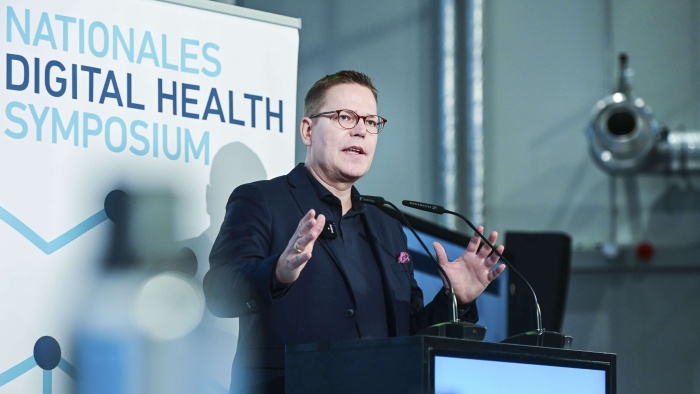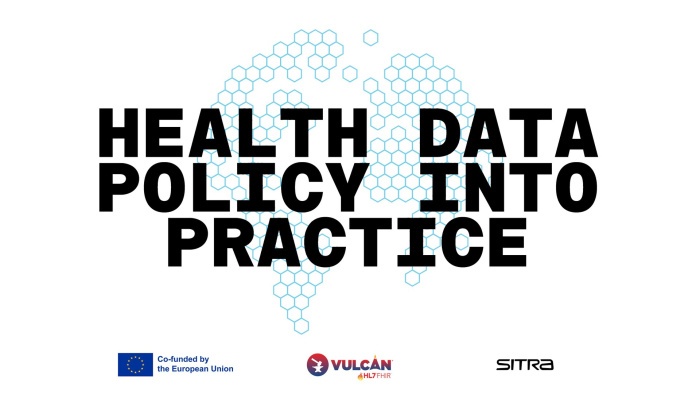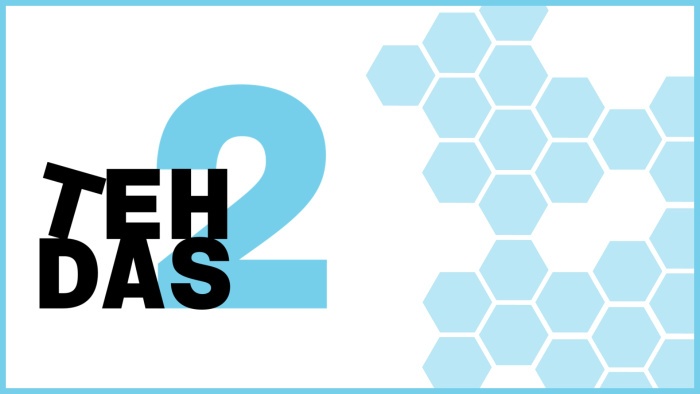14th TMF Annual Congress in Cologne: Experts Demand Better Use of Data for Knowledge-Generating Care
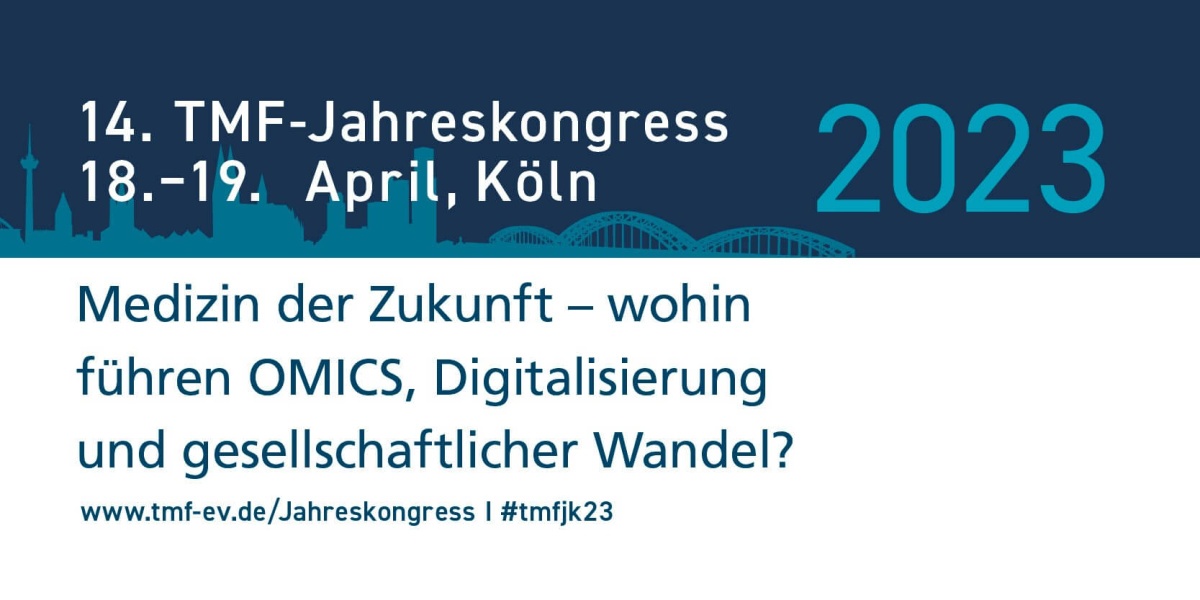
The 14th TMF Annual Congress 2023 - from April 18 to 19 in Cologne. © TMF
From April 18-19, 2023, the 14th TMF Annual Congress took place at the University Hospital of Cologne. It brought together 160 leading experts from medicine and science to discuss current themes and challenges in medical research. The congress, with the motto "Medicine of the future — where are OMICS, digitalization, and social change leading?", focused on the opportunities and challenges of genomic medicine.
The TMF’s Chairman Prof. Dr. Michael Krawczak emphasized, "Technological progress and social change will be decisive for what medical care and research will look like in the coming years," in his opening speech. Omics technologies, in particular, are said to have enormous potential in medicine. At the congress, doctors demonstrated how genetic or genomic data, in combination with clinical patient data, can personalize and improve the prevention, diagnosis, and treatment of various diseases, particularly in oncology and so-called "rare diseases."
Technological progress and social change will determine what medical care and research will look like in the coming years.
genomDE Wants to Introduce Genome Sequencing Into Standard Care
However, the use of genomic medicine is currently still restricted by structural obstacles and limited to individual lighthouse projects and networks. An overall concept does not exist yet, particularly for the overarching consolidation of genomic and clinical data. The genomDE project, funded by the Federal Ministry of Health, aims to change this: Here, a concept is being developed for the Germany-wide introduction of genome sequencing for oncological and rare diseases, in which all major stakeholders are involved. It will be tested in care starting in 2024 in a model project per §64e. "GenomDE offers the opportunity to bring together many well-functioning initiatives, jointly solve the obstacles in the bureaucracy, and thus create a best practice example for the implementation of knowledge-generating care concepts in practice," explained conference president Prof. Dr. Rita Schmutzler, University Hospital of Cologne. "Close collaboration between researchers and patient representatives is also of great importance. Patients can offer valuable insights into their experiences with diseases and therapies and help to ensure that medical research is more closely aligned with their needs," said Sebastian C. Semler, Head of the genomDE Coordination Office.
Knowledge-Generating Care Makes Better Use of Data
Prof. Dr. med. Michael Hallek, Director of Clinic I for Internal Medicine at the University of Cologne and Chairman of the German Advisory Council on Health Care, explained the concept of knowledge-generating care in cancer medicine in his keynote speech. Knowledge-generating care not only enables patients to be treated according to the latest scientific findings but also contributes to gaining new insights through the systematic and standardized collection and evaluation of data from care practice. Knowledge-generating care is a promising concept that can help make healthcare more effective and patient-oriented in the future. Hallek also called for the removal of bureaucratic hurdles in research, better use of data, and more pragmatism and implementation strength in the digitalization of health research.
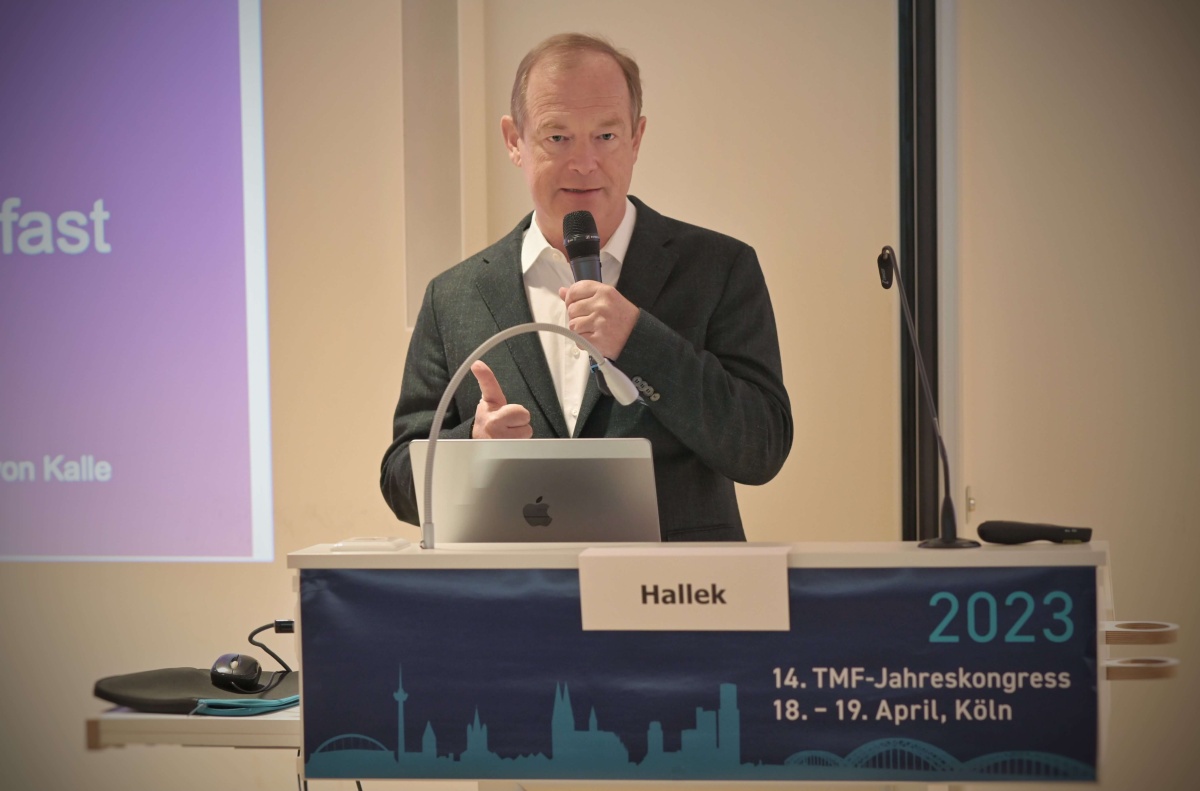
Prof. Dr. med. Michael Hallek, Director of Clinic I for Internal Medicine at the University of Cologne and Chairman of the German Advisory Council on Health Care. © TMF
Promoting Convergence and Synergies Between Research Data Infrastructures
They also discussed how data from large research initiatives and infrastructures such as the Medical Informatics Initiative, the University Medicine Network, and the cancer registries could be networked in order to create more synergies. Sebastian C. Semler, the TMF’s Managing Director, called for more cooperation between national initiatives and stakeholders so that existing human and financial resources can be used more effectively: "A common health data architecture in the German healthcare system must enable decentralized, federated data exchange and be internationally compatible with the European Health Data Space." This requires a common architecture and strategy.
Prof. Dr. Christiane Woopen, University of Bonn, gave an outlook into the future in her keynote speech on "On the pride and humility of a medicine of the future." She explained that omics technologies and the digitalization of all areas of life are shifting the focus of healthcare from diagnostics and therapy to prediction and prevention. "The healthcare system in Germany is not prepared for this," said Woopen.
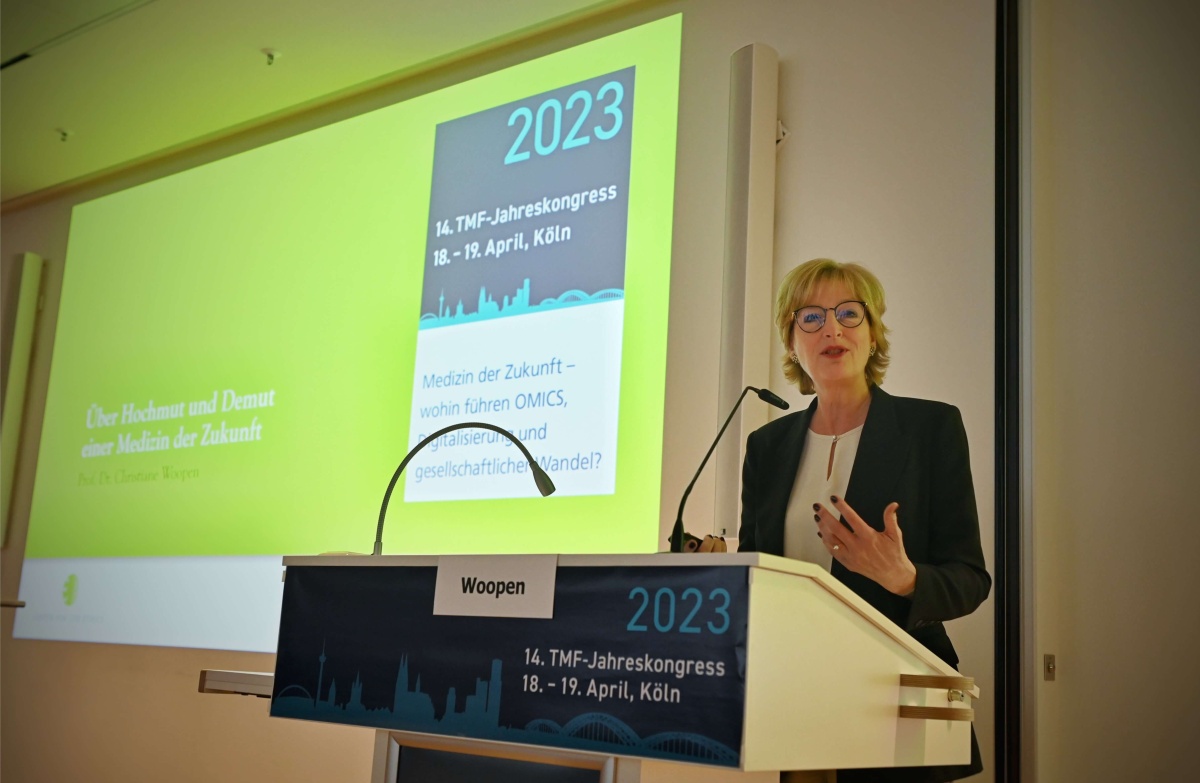
Prof. Dr. Christiane Woopen, University of Bonn. © TMF
Interdisciplinary Exchange Between Researchers Necessary
"The TMF Annual Congress has impressively demonstrated that close cooperation between researchers from various fields of medicine, informatics, statistics, and ethics is essential to solving the complex challenges of translating medical research results into healthcare," emphasized conference president and host Prof. Dr. Rita Schmutzler, University Hospital of Cologne, at the end of the congress.
Press Contact
Wiebke Lesch, Phone: +49 30 2200 24731, Mobile: +49 177 2663257
E-mail: presse@tmf-ev.de, Twitter: @tmf_eV
About the TMF Annual Congress
The TMF Annual Congress is a nationwide forum for the exchange of information on current cross-sectional topics in collaborative medical research. The event is aimed at experts from science and research as well as representatives of patient associations, professional associations, research funding organizations, authorities, and industry. The congress enables an interdisciplinary exchange between experts from medicine and research and contributes to the development of solutions that advance medical research. The conference is organized by the TMF — Technology and Methods Platform for Networked Medical Research.
Further Information
Downloads
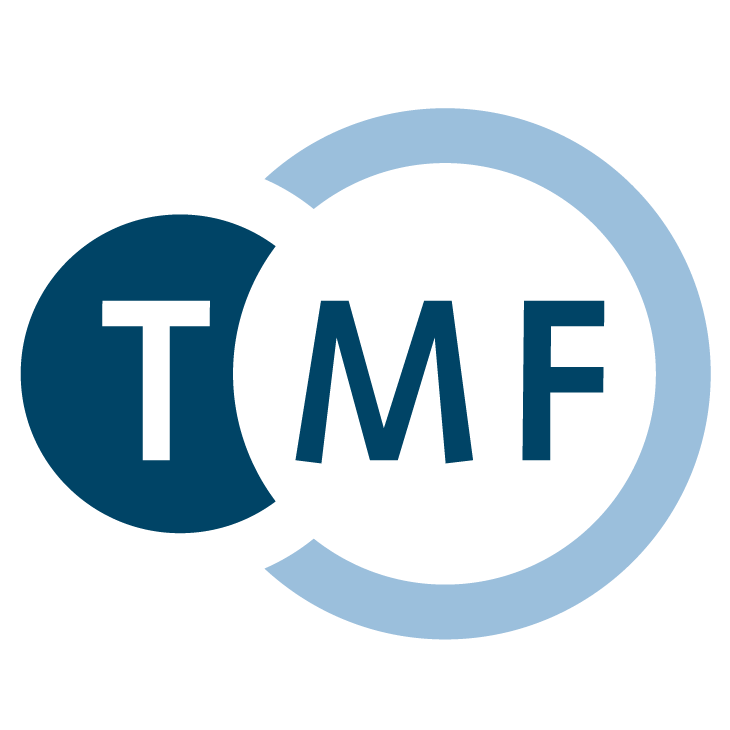
About the TMF
The TMF – Technology and Methods Platform for Networked Medical Research e.V. stands for research, networking and digitisation in medicine. It is the umbrella organisation for collaborative medical research in Germany, within which leading researchers exchange knowledge, jointly develop ideas and concepts, and thus shape the future of medical research in the digital age.
